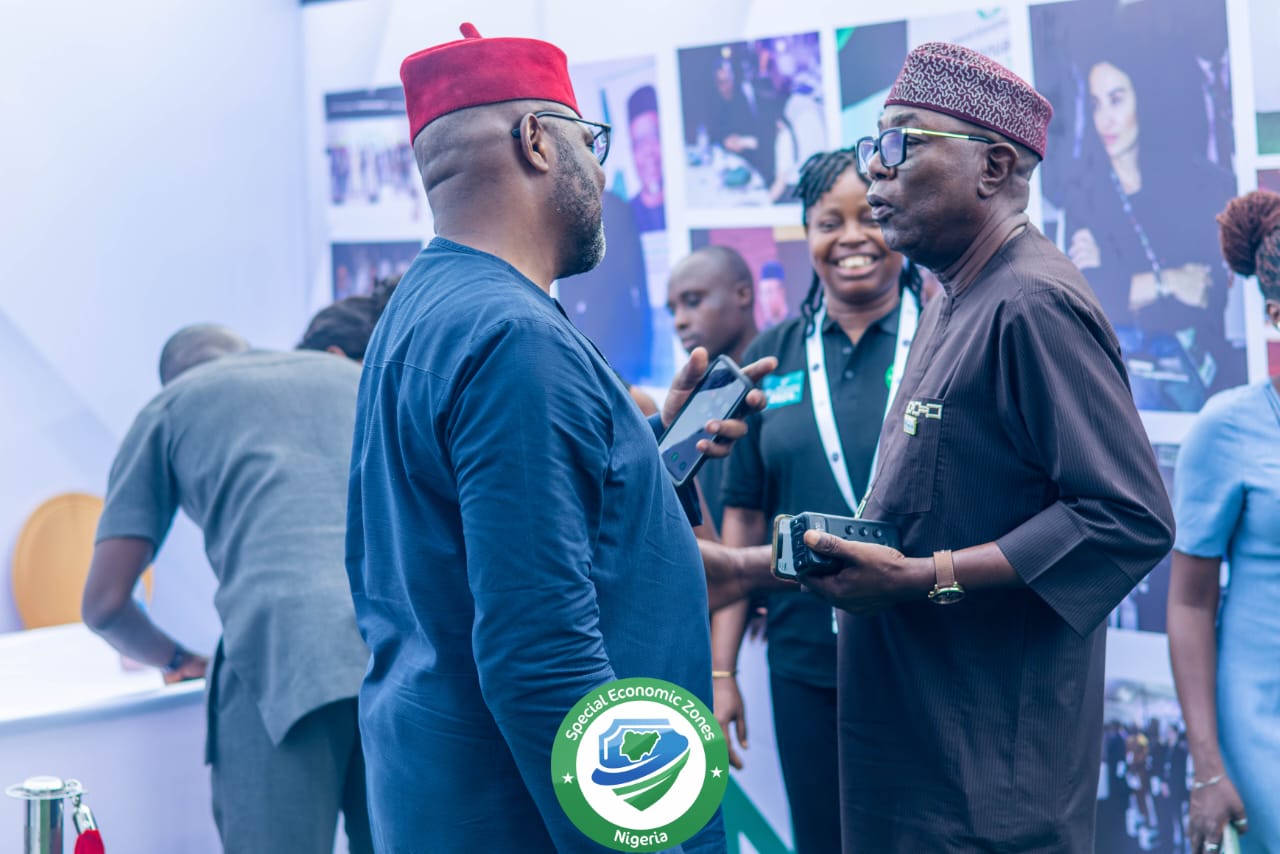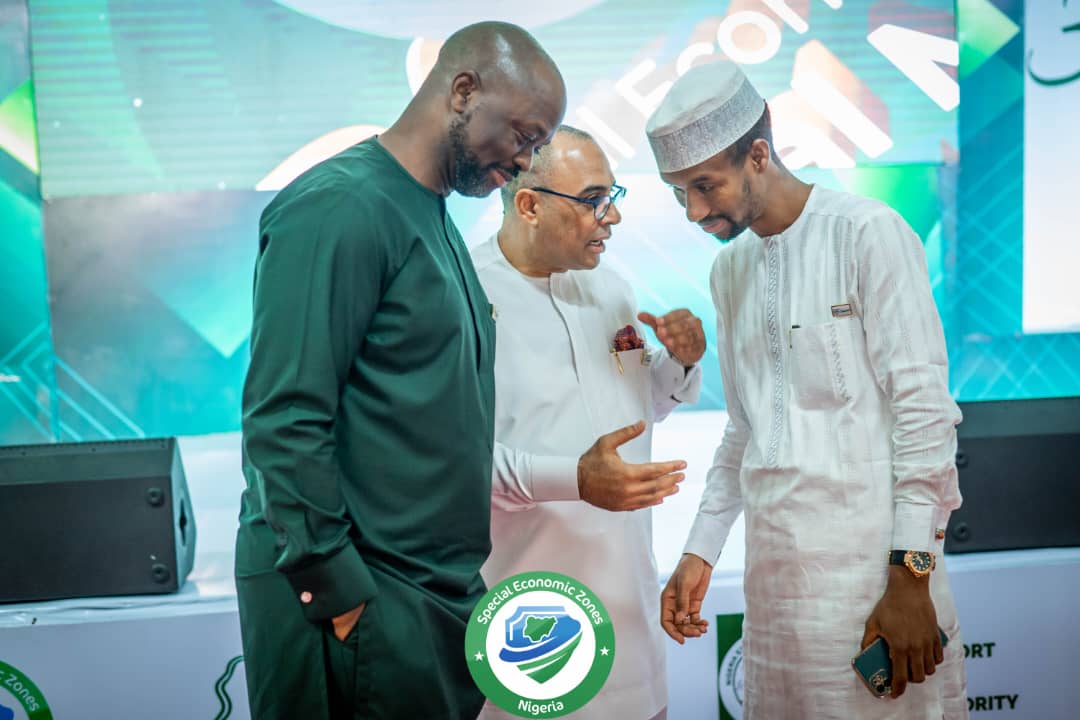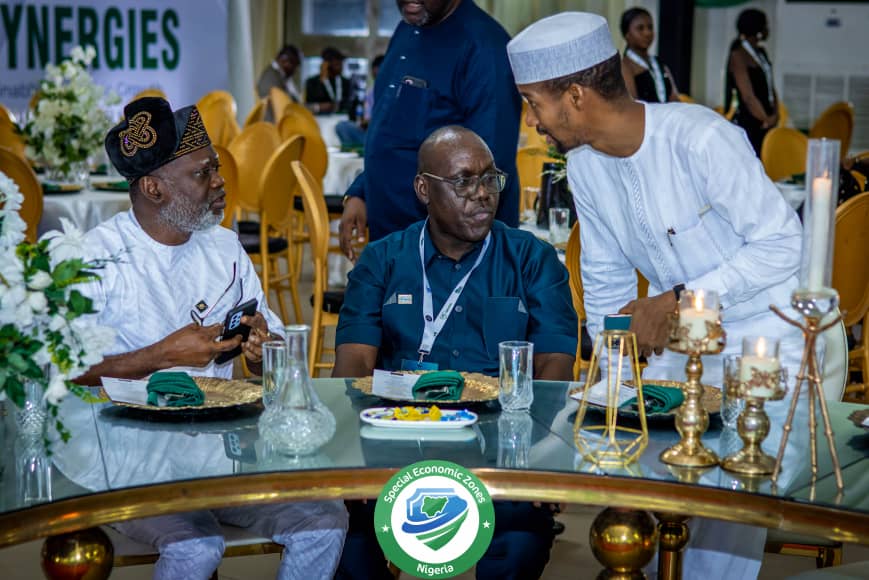The Renewed Hope Agenda of President Bola Ahmed Tinubu is evidently a holistic approach aimed at revitalising the economy and pulling millions of Nigerians out of poverty, while setting the country on the path of a long term healthy growth, productivity, comparative advantage and excellence.
The President Bola Ahmed Tinubu led administration`s body language regarding the management and operationalisation of the Special Economic Zones (SEZs), a key component in promoting export and import, job creation, increase in balance of payment, attracting of foreign investments, and enhancing Nigeria’s industrialisation drive, is for want of a better word, commendable.
And talking of industrialisation, only two days ago, the government through the Federal Ministry of Industry, Trade and Investment (FMITI) launched the Industrial Revolution Work Group (IRWG); a mixture of private and public sector efforts to drive the process of revitalising the country’s manufacturing dream.
 The group`s mandate include reviving of moribund industries, enhancing industrial competitiveness, unlocking export led growth, investing in infrastructure and energy and embracing innovation / industry.
The group`s mandate include reviving of moribund industries, enhancing industrial competitiveness, unlocking export led growth, investing in infrastructure and energy and embracing innovation / industry.
While it was doing so in Abuja on the one hand, the government was also on the other hand holding the 3rd Special Economic Zones (SEZ) Annual Meeting in the heart of Lagos.
This clearly indicates a deliberate push (given the simultaneous interfaces going on in separate locations) to achieve certain goals amid well defined Key Performance Indices (KPIs).
The meeting brought together government agencies, investors, industry experts, and critical stakeholders in the Nigeria Special Economic Zone (SEZ) ecosystem to discuss issues of mutual concern and proffer solutions to some of the challenges confronting the scheme in Nigeria.
By the time the “jaw-jaw” was over the immense contribution and critical role played by the Special Economic Zones in the growth and development of the Nigerian economy was clear to all.
This is in addition to the commendable role of the Board of NEZ Association and the Free Zone Authorities in providing the platform for stakeholders to deliberate on issues affecting the SEZs in the country.
They also urged the zones to leverage on the much – improved collaboration with the Nigeria Customs Service (NCS) to massively produce export-oriented goods meant for the African market and take advantage of the Africa Continental Free Trade Area Agreement (AfCFTA) to boost Nigeria’s export earnings.
Other resolutions reached by the stakeholders includes, “expressing reservations on certain provisions of the Nigeria Tax Bill, 2024, particularly the proposal to expunge some Sections of NEPZA/OGFZA Acts which provide tax incentives for SEZ operators and requested for further engagement with critical Stakeholders in the SEZ ecosystem to pass a tax law that promotes both local and foreign investment into the scheme.”

The Stakeholders noted, with delight, the current resolve by the Federal Government through the Federal Ministry of Industry, Trade and Investment (FMITI), to prioritize Special Economic Zones for rapid industrialization and economic transformation, and commended its commitment to set a clearly defined policy environment that would inspire investor confidence and enhance greater business efficiency in SEZs.
A communique issued at the end of the Thursday’s meeting read in part, “The Stakeholders further noted the willingness of the Chairman of the Presidential Committee on Fiscal and Tax Reform, Mr. Taiwo Oyedele to further engage stakeholders on their concerns with regards to some provisions in the Nigeria Tax Bill, 2024 affecting the SEZ scheme, and resolved to participate actively during the up-coming public hearing, organized by the National Assembly, for the passage of the new Tax Reform Bill, in order to ensure that it delivers the best possible business environment for SEZs when passed into law.
“The Stakeholders noted the substantial progress being made through the Ministry of Foreign Affairs to reposition the Economic Desk in our Foreign Missions to deliver on Nigeria’s economic priorities and promote foreign direct investment into the SEZs in Nigeria.

“The Stakeholders urged the Free Zones Regulatory Authorities to further improve on the existing collaborations with other Government Stakeholder Agencies that exercise regulatory functions within the SEZs including FIRS, NAFDAC, NIS, NCS, SON, DSS, and NPF.
“The Stakeholders acknowledged, with pleasure, the progress regarding the circular by the Nigeria Customs Service on the movement of operational vehicles and procedure code for some capital goods in the SEZs.
“The Stakeholders noted the critical role digitization plays in the efficiency of SEZ operations and commended the Africa Union for designating Nigeria as the hub of digital free zones in Africa and urged the FZ Regulatory Authorities and the FZEs to utilize this position and work towards the export of digital services and the integration of digital technologies into manufacturing processes and industrial operations for the purpose of increasing competitiveness and productivity.
“The Meeting resolved to promote cohesive synergy in enhancing the development of smart infrastructure, circular economy initiative, and advanced manufacturing technologies in collaboration with the International Business Community.
The Meeting urged the leadership of NEZ Association, NEPZA, and OGFZA to further engage with the Central Bank of Nigeria (CBN) to finalize on the guidelines for the implementation of Off-shore Banking in Special Economic Zones.”


